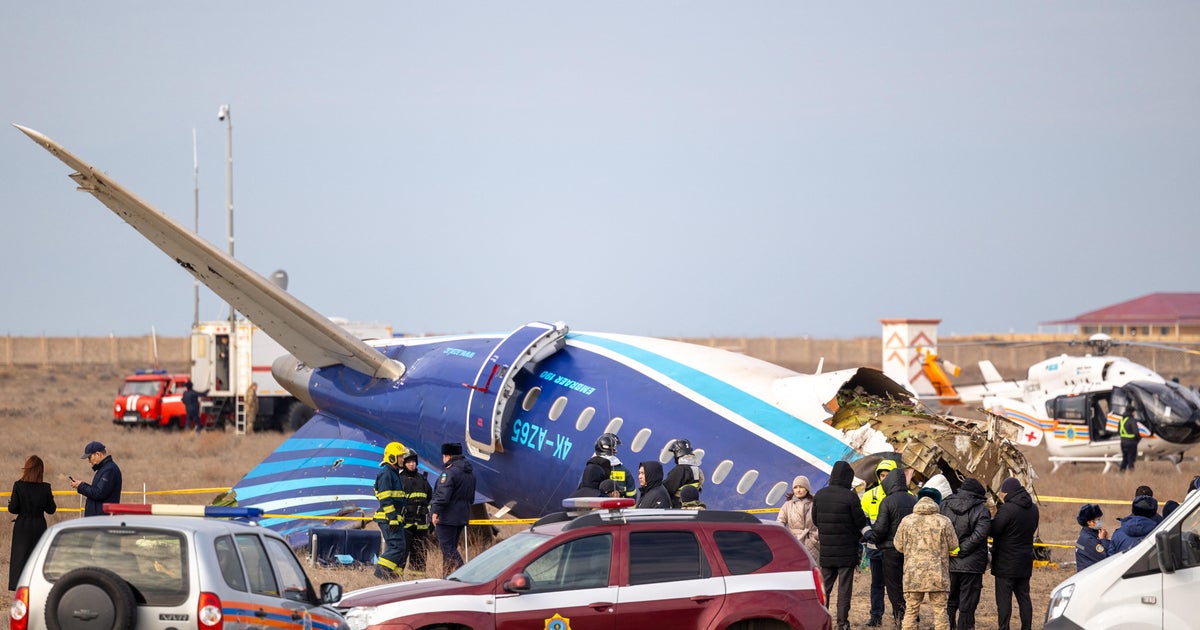Pentagon orders pause in F-35 fighter jet flights in wake of crash
WASHINGTON — The Pentagon on Thursday ordered a temporary pause in all F-35 fighter jet flights in order to inspect the fleet in the wake of a crash last month in South Carolina. The Air Force, Navy and Marine Corps fly different versions of the stealthy fighter.
The decision involves a potentially bad fuel tube and affects more than 250 U.S.-owned jets, as well as nearly 100 that belong to other nations including Britain. About half the F-35s are believed to have the faulty tube, and they include aircraft owned by the Air Force, Navy and Marine Corps.
According to Lt. Col. Mike Andrews, a Pentagon spokesman, some of the fighter jets have been inspected and are flying again.
The decision temporarily halted combat operations by Marines, who began conducting airstrikes against Taliban targets in Afghanistan the day before the crash. Officials said they were not able to confirm if the Marine planes were able yet to resume operations.
On Sept. 28, a Marine F-35B crashed into an uninhabited marsh island near the Grays Hill community in South Carolina. It marked the first crash of the U.S. military's newest and most expensive aircraft, CBS News national security correspondent David Martin reported.
The Marine pilot safely ejected before the crash. During the subsequent investigation, certain fuel tubes were identified as a potential problem, largely involving aircraft built before 2015.
Until 2015, two companies manufactured the tubes, and the problem involves just one of them. If the aircraft has those particular tubes, they will be replaced. If the aircraft has good fuel tubes, it will be allowed to begin immediately flying again.
The F-35 program office said the inspections should be completed in one or two days. Depending on the availability of parts, the fuel tube can be replaced quickly.
On Thursday, the Israeli military also said it has grounded its fleet of F-35 warplanes. Israel is among a small number of countries using or developing the next-generation warplane. The Israeli warplanes, purchased from the U.S., are a different model than the American one that crashed.
The Israeli military said the U.S. has shared the findings of its investigation into the F-35 crash two weeks ago, but Israel's air force chief, Maj. Gen. Amikam Norkin, wants to conduct additional tests on Israel's F-35s.
Israel said Thursday the testing will take several days, but the planes remain ready for operational action if needed.



